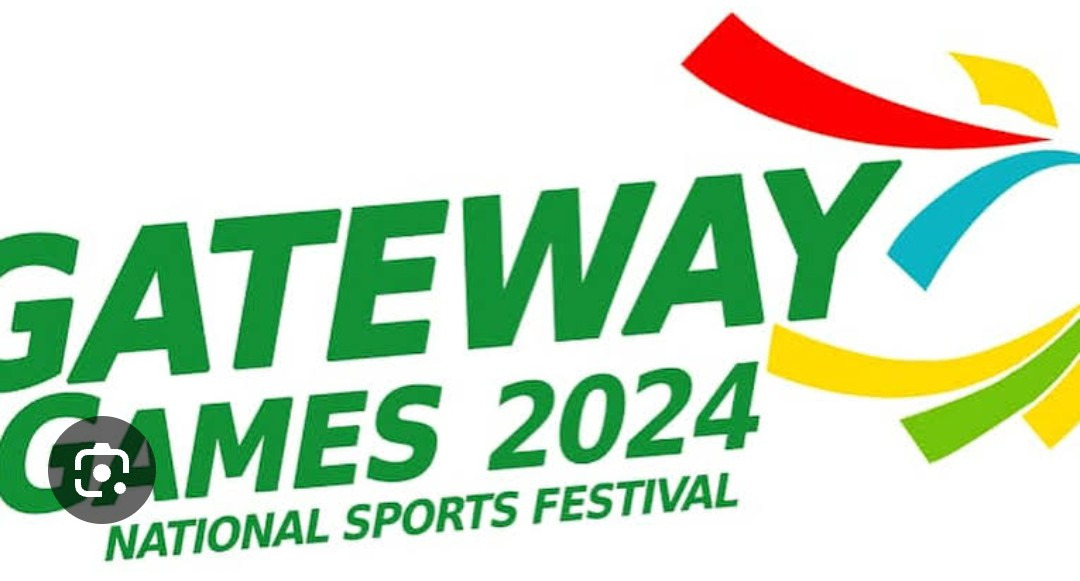The Chairman of the National Sports Commission (NSC), Mallam Shehu Dikko, on Sunday disclosed that the ongoing Gateway Games, officially the 2024 edition of the National Sports Festival (NSF), has broken all previous records in attracting corporate sponsorships — a major leap in advancing Nigeria’s sports economy.
Speaking during a world press conference held at the LOC Secretariat in Oke Mosan, Abeokuta, Dikko highlighted that the influx of sponsors and commercial partnerships at this year’s festival aligns perfectly with President Bola Ahmed Tinubu’s directive to develop a sustainable sports economy for the nation.
“This year’s Gateway Games has exceeded all past editions in terms of corporate sponsorship,” Dikko said.
“At one point, we were even struggling to resolve conflicts among sponsors competing for visibility and presence at event venues.
” It shows the private sector is beginning to see real value in investing in Nigerian sports,” the chairman said.
He emphasized that sports can no longer be seen solely as recreation or entertainment but as a vital economic sector capable of driving employment, revenue generation, and national development.
Dikko noted that the NSC is in ongoing discussions with the National Bureau of Statistics (NBS) to establish a dedicated framework for sports economic intelligence — crucial for long-term planning and policy formulation.
“Mr. President’s vision is clear: sports must become a contributor to GDP.
“To achieve this, we need accurate, consistent, and structured data — on athletes, competitions, fan engagement, and the financials behind our sports events,” he explained.
“That’s why we’re working with the NBS to create an economic stream of sports-related data that corporate sponsors and policymakers can rely on,” he said.
He further disclosed that the Commission is exploring partnerships with international institutions like the NBS to gain insights into successful sports economic models that can be replicated locally.
According to Dikko, building a thriving sports economy will not only create jobs for athletes, coaches, and event managers but also stimulate ancillary sectors like hospitality, tourism, broadcasting, manufacturing of sports kits, and digital services.
“Imagine the ripple effect when a local manufacturer lands a deal to supply jerseys for multiple teams.
“Or when a media startup wins the rights to live-stream events. These are growth multipliers,” he said.
He added that properly harnessing sports can be a vehicle for youth empowerment, peacebuilding, and international branding, stressing that Nigeria must treat its sporting assets as part of its national wealth.
Commenting on the embarrassing power outage that disrupted the 10,000-meter race at the MKO Abiola Stadium in Abeokuta on Saturday evening, Dikko described the incident as a “technical glitch,” adding that such malfunctions are not uncommon when dealing with newly installed infrastructure.
“It was an unfortunate incident, no doubt, but it was not due to negligence. These things happen even in more advanced settings.
“It was purely a technical issue related to the new lighting system, and it was resolved swiftly,” he stated.
Despite criticism from some quarters of the media, the Games have continued smoothly, with record participation from athletes and commendation from observers for the high level of organization and competitive spirit on display.
Dikko reaffirmed the NSC’s commitment to learning from each edition of the festival to raise standards and ensure that sports becomes a pillar of national development going forward.







